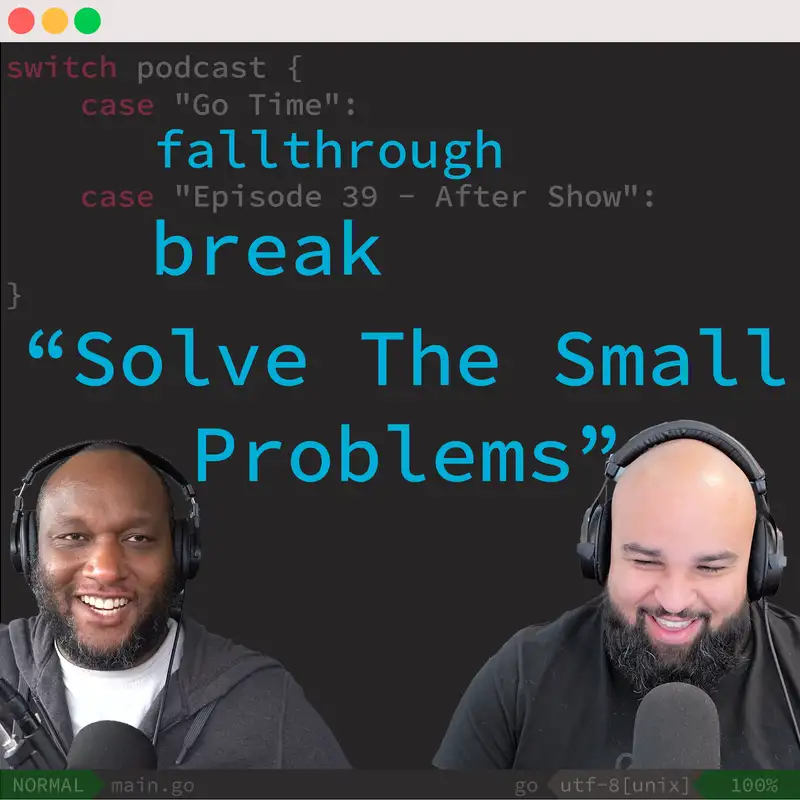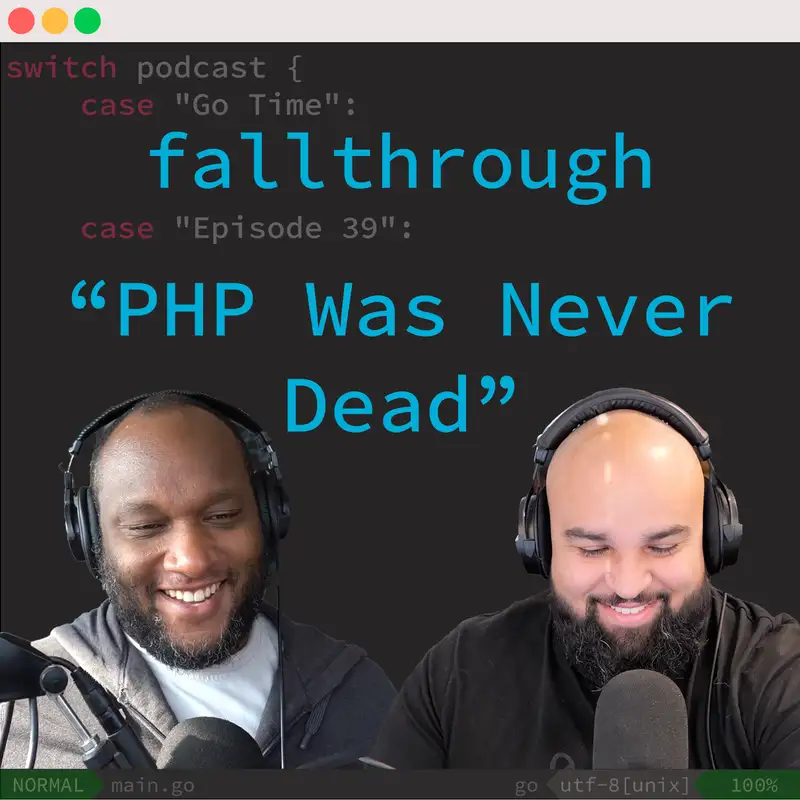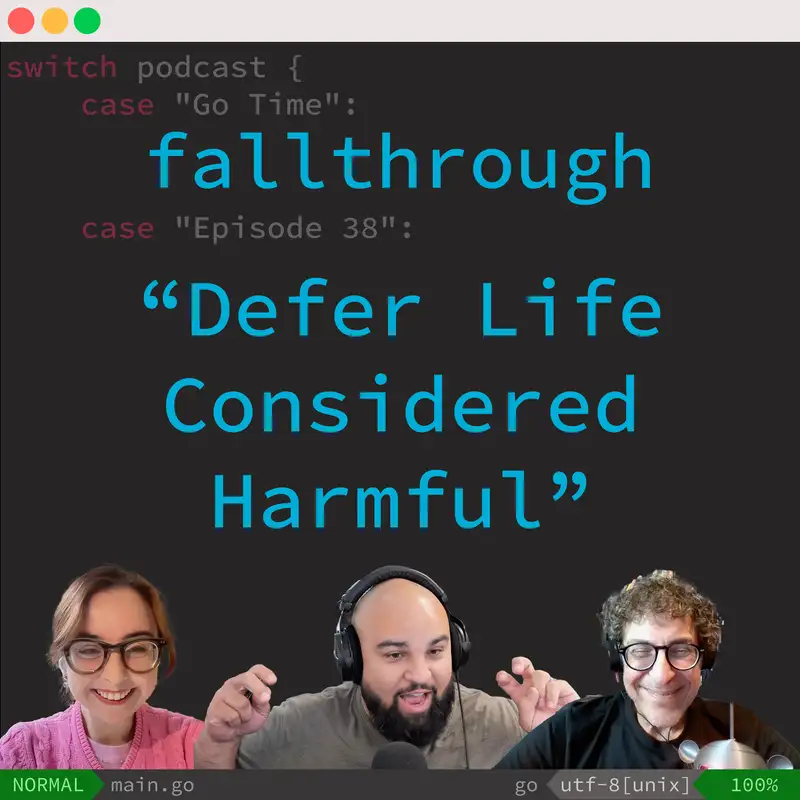Post details
Welcome back to Break, a Fallthrough aftershow! In this episode, Kris and Matt talk extend their discussion from Fallthrough episode #39.Enjoying the aftershow? Let us know on social media! If you prefer to watch instead of just listen, head over to YouTube where you watch this episode of...












